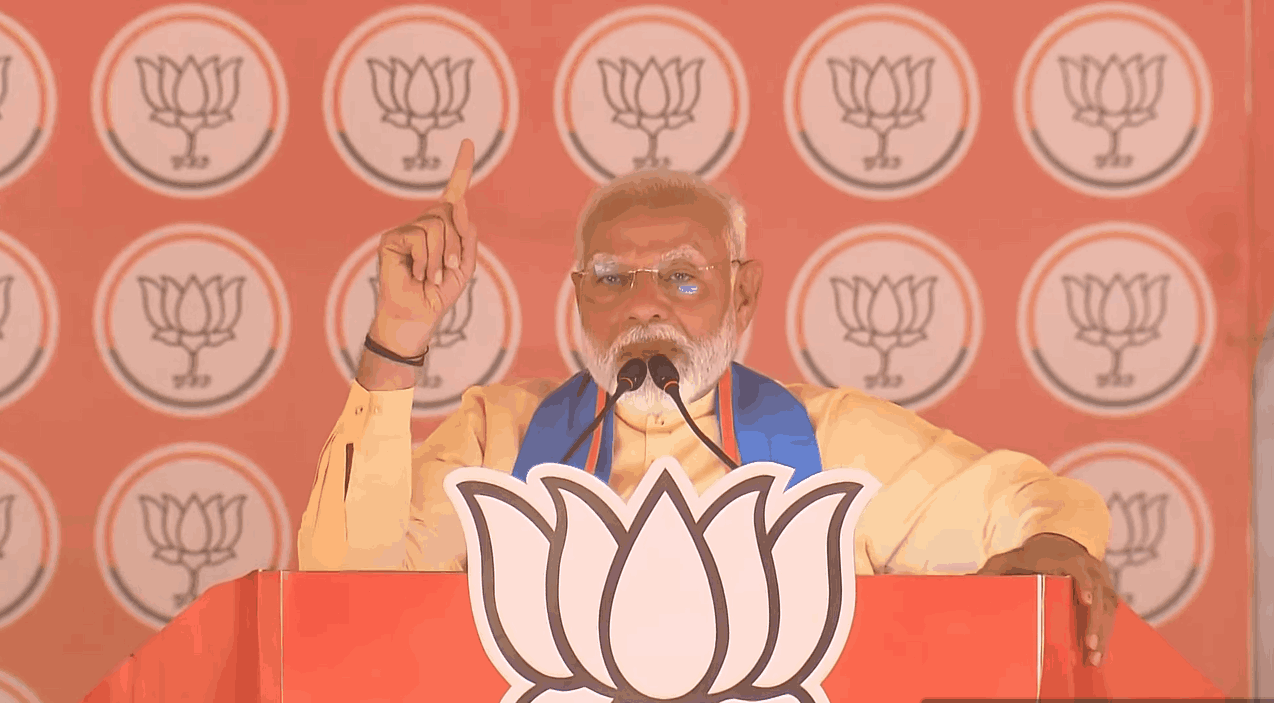Prime Minister Narendra Modi’s recent comments on reservation have reignited a fiery debate over affirmative action policies in India, exposing deep political fault lines and stirring passions ahead of key elections. Speaking at a public rally, Prime Minister Modi launched a scathing attack on opposition parties, accusing them of conspiring to undermine reservation rights for Dalits, backward classes, and tribals.
“Modi has taken a pledge that he will not let anyone take away the reservation of Dalits, backward, and tribals,” declared the Prime Minister, signaling his unwavering commitment to protecting affirmative action measures. He accused the Congress and its allies of hypocrisy, alleging a history of attempts to dilute or abolish reservation quotas while claiming to champion the cause of social justice.
In a charged atmosphere, Prime Minister Modi accused the opposition of attempting to manipulate reservation policies for electoral gains, warning against their purported agenda to prioritize reservation benefits for specific religious groups at the expense of marginalized communities. He invoked the legacy of Dr. B.R. Ambedkar, framing the issue as a struggle for the soul of Indian democracy and the principles of equality enshrined in the Constitution.
“They want to take away the reservation of Dalits and Backward Classes and give it only to Muslims,” asserted Prime Minister Modi, painting a stark picture of the opposition’s alleged intentions. His remarks drew applause from supporters but also elicited sharp rebukes from political opponents, who accused him of fear-mongering and communalizing a sensitive issue for political gain.
Opposition leaders rejected Prime Minister Modi’s allegations, insisting on their commitment to upholding reservation rights for all marginalized communities and accusing him of attempting to deflect attention from his government’s failures on critical issues such as unemployment and economic inequality. They accused the Prime Minister of engaging in divisive rhetoric and called for a more constructive approach to addressing the challenges facing marginalized communities.
The escalating rhetoric over reservation underscores the complexity and sensitivity of affirmative action policies in India, where issues of caste, religion, and identity intersect with broader questions of social justice and political power. As the country braces for pivotal state and national elections, the debate over reservation is likely to remain a focal point of political discourse, with parties seeking to mobilize support by appealing to competing visions of social and economic progress.
In this charged political climate, Prime Minister Modi’s allegations against the opposition serve as a stark reminder of the high stakes involved in a debate that cuts to the core of India’s commitment to inclusive development and social equality. As the country grapples with competing narratives and interests, the future of reservation policies hangs in the balance, with profound implications for the trajectory of Indian democracy and society.



